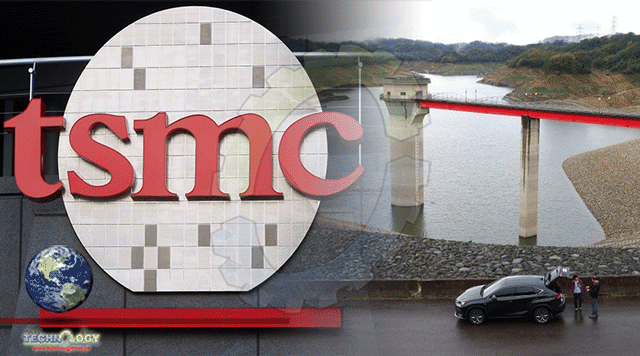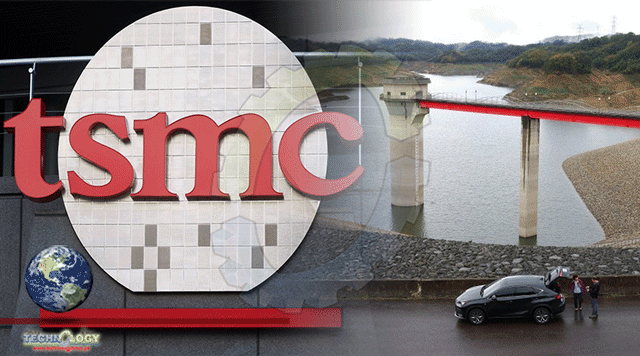The Taiwan Semiconductor Manufacturing Company (TSMC) Has Announced Plans To Build A New Facility To Aid It During Times Of Water Shortages.

Even As Rains Smatter Taiwan And A Typhoon Rages Nearby, The Taiwan Semiconductor Manufacturing Company (TSMC) Has Announced Plans To Build A New Facility To Aid It During Times Of Water Shortages. Despite recent rain on the island, Taiwan is still facing a historic drought, reducing its reservoir levels to dangerously low levels.
To help it manage similar crises in the future, TSMC’s senior vice president of Europe and Asia sales, Ms. Lora Ho, revealed details of the facility in a video conference, according to reporting by The Nikkei Asian Review.
TSMC Claims Wastewater Plant Will Be First Of Its Kind In The World
While TSMC’s decision to build the facility comes as the company deals with Taiwan’s ongoing drought, it’s unlikely to help the company deal with the current shortages. Ms. Ho believes that the plant will be fully operational by 2024, and it will start limited operations by the end of this year. Crucially, the plant will be for TSMC’s exclusive use and setting it up will undoubtedly help the company improve its water-related enterprise risk management.
To deal with the current crisis, the company has turned to water tankers to help meet some of its needs. These tankers have also been used to test groundwater for chip fabrication, a process which requires copious water use due to high purity standards and numerous chemicals involved in the process, each of which has to be washed off before a silicon wafer can progress to the next stage in manufacturing.
Sharing details for the plant’s output, the executive highlighted that:
“It will gradually ramp up the treatment capacity of industrial wastewater and by 2024 will be able to generate 67,000 tons of water daily that can go back into to the chipmaking process.”
Based on the fab’s daily water use in 2019 (the last time it shared the data through a sustainability report), this output should enable TSMC to meet a little less than half of its needs. Cleaning water for the chipmaking process has high standards for purity, and TSMC should incorporate these in its new plant if it intends to mitigate its dependence on external water sources for manufacturing.
Its need for water will increase in the coming year as it expands capacity. TSMC is currently building an advanced fabrication plant in Taiwan’s Tainan sector through which the fab will manufacture leading-edge semiconductors. By using the 3nm chip node, TSMC will enter mass production in this facility next year. Simultaneously, the company also hopes to expand its production for mature process nodes such as the 28nm technology, which has also seen increasing demand of late.
In addition to facing a water shortage, the fab is contending with a global automobile chip shortage and increasing consumer electronics demand. Both of thee combined have stretched TSMC’s production capacity, as it is responsible for the bulk of the global chip demand – especially for advanced process nodes such as 7nm and 5nm. Apart from TSMC, only Samsung Electronics’ chip arm Samsung Foundry can manufacture chips using these processes.
Industry analysts have also feared whether the currently high chip demand will lead to inventory correction next year as companies are unable to clear their stock. TSMC and U.S. chip giant Intel Corporation believe that while it’s impossible to rule out such a correction, it’s unlikely to take place at least until the second half of next year.
This news was originally published at WCCF Tech.
